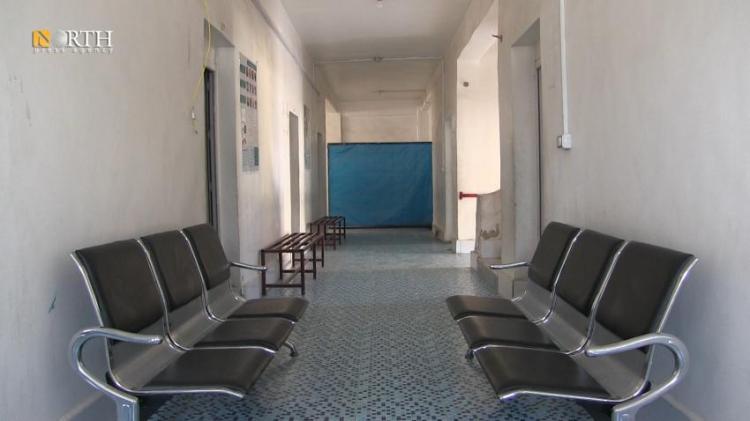RAQQA, Syria (North Press) – The manager of the quarantine center in Raqqa city, Suleiman Shanaa, said on Monday that the quarantine center for coronavirus patients will be completely ready in the coming days.
He told North Press that the center, which is near Meroria park in the city center, “is almost 90% ready, in addition to complete medical and nursing staff, with 40 beds.”
During the past few days, tests were conducted for five suspected cases of coronavirus in Raqqa, however, the results of the tests were negative, according to Shanaa.
He confirmed that there has been no infection with coronavirus in Raqqa city or its countryside so far.
The Health Board of Raqqa’s Civil Council equipped a quarantine center on March 4th as a precautionary measure to treat people infected with coronavirus.
The Autonomous Administration of North and East Syria announced on Sunday that the number of infections reached eight, after recording two infections in the cities of Derik and Hasakah.
Co-chair of Health Board in the Autonomous Administration in North and East Syria Jiwan Mustafa told North Press that “the administration's abilities in combating coronavirus are limited, and they may enable it to counter coronavirus to a certain level.”
The Autonomous Administration enacted a set of precautionary measures on Friday to curb the coronavirus outbreak in its areas.
This was mentioned in a decision issued by the Autonomous Administration's Executive Council, which completely closed the border crossings on Friday.
According to the decision, all humanitarian cases that enter the area will be subjected to a 14-day quarantine, in addition to forbidding the entry of funerals of those who died of the virus.
The decision also prohibits popular and religious gatherings such as celebrations, weddings, wakes, and collective prayers in places of worship until further notice.
The Autonomous Administration urged residents to commit to the health measures and physical distancing in work and popular places, as called on its institutions operating in crossings to take strict health measures against goods and persons.
(Reporting by Mustafa Khalil, editing by Lucas Chapman)

